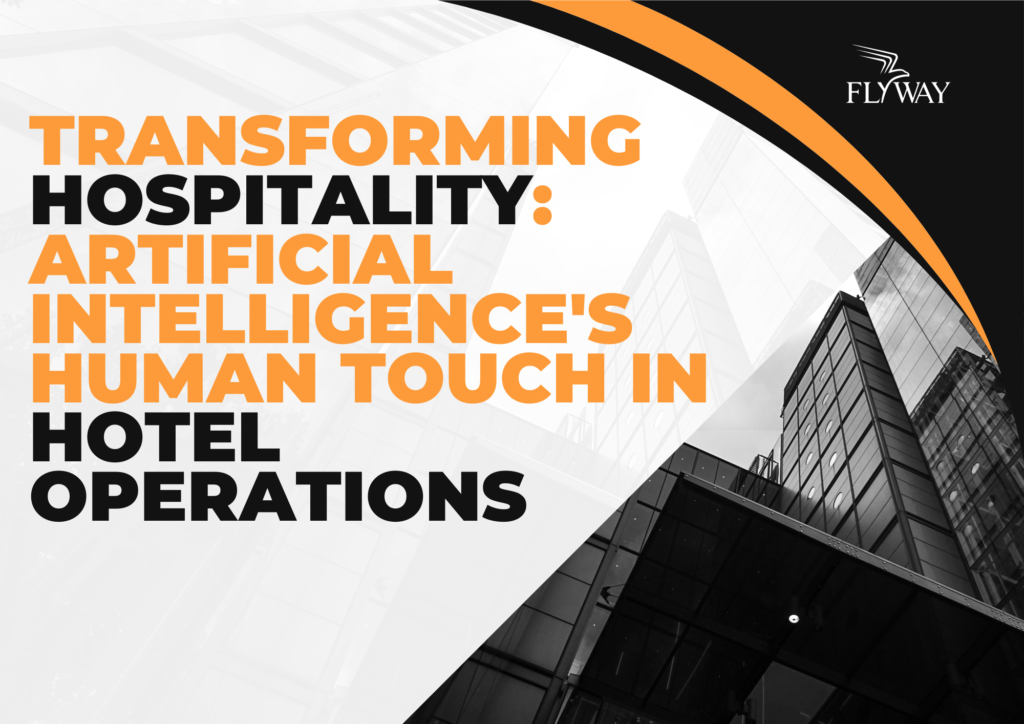
Artificial Intelligence (AI) integration has emerged as a game-changer in the dynamic hospitality business, completely changing the way hotels function. Artificial intelligence (AI) is significantly improving many facets of hotel operations, which will ultimately improve the visitor experience—far from taking the place of the human touch.
1. Smooth Visitor Experiences with Customization
Personalizing visitor experiences is one of AI’s most notable contributions to hotel operations. Artificial intelligence (AI) systems can predict visitor preferences by evaluating data from several touchpoints, allowing hotels to provide customized services. This degree of customization guarantees that visitors feel not only welcomed but also fully understood. Examples of this include lodging preferences and dietary requirements.
2. Facial Recognition for Easy Check-ins
Say goodbye to long lines during check-in! The check-in process has been simplified using AI-powered face recognition technology, making it easier for visitors to get through without having to deal with paperwork. This not only saves time but also gives the entire visitor experience a hint of current refinement.
3. Perceptive Virtual Assistants for Instant Assistance
AI-powered intelligent virtual assistants are now indispensable for giving visitors real-time assistance. AI-driven chatbots are available around-the-clock, improving efficiency and response, for every kind of query—from general information to requests for room service to questions about nearby attractions.
4. Forecasting Analytics for Optimizing Business Processes
The operational efficiency of hotels has been greatly impacted by AI’s skill in predictive analytics. By forecasting peak booking times and adjusting staff schedules in response to demand, these analytics make sure hotels run efficiently and offer visitors a flawless experience.
5. Boosting Security with AI-driven Surveillance
The hospitality sector places a high priority on safety. In hotels, security measures have been heightened by AI-powered surveillance systems. With the ability to identify abnormalities instantly, these systems provide a proactive means of guaranteeing the safety of both visitors and employees.
6. Eco-Friendly Methods Using Energy Efficiency
Artificial Intelligence not only aims to improve visitor experiences but also to advance sustainability. Hotel power consumption is optimized using AI-driven smart energy management systems. This lowers expenses while also being in line with the industry’s rising focus on ecologically friendly methods.
In summary, the goal of integrating artificial intelligence into hotel operations is to enhance rather than to replace the warmth of human interaction. AI frees up hotel employees to concentrate on what they do best—offering true hospitality—by automating repetitive chores and utilizing data-driven insights. The combination of artificial intelligence (AI) and human touch promises a future where hotel guest experiences are not only efficient but also deeply memorable as long as hotels continue to adopt these technological innovations.
